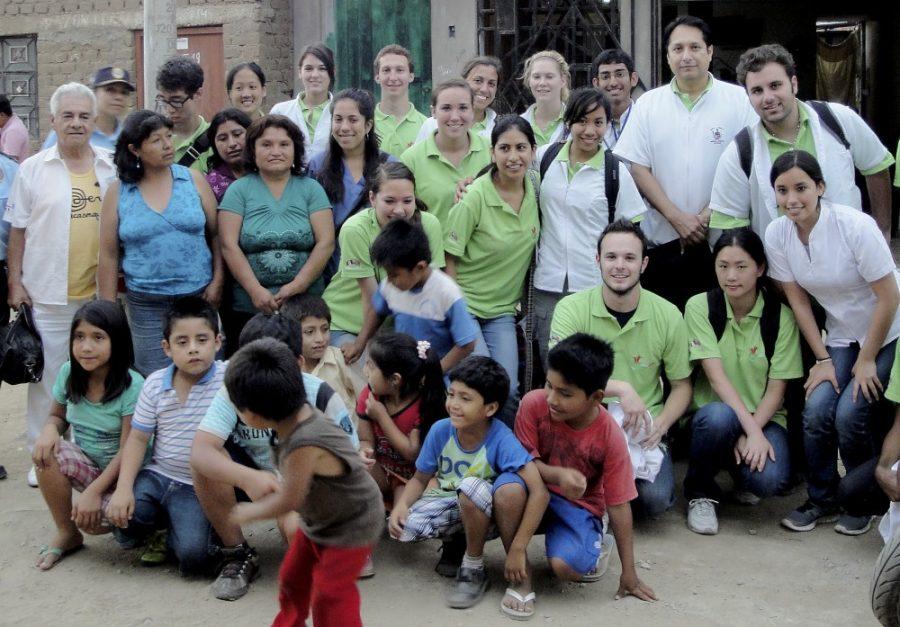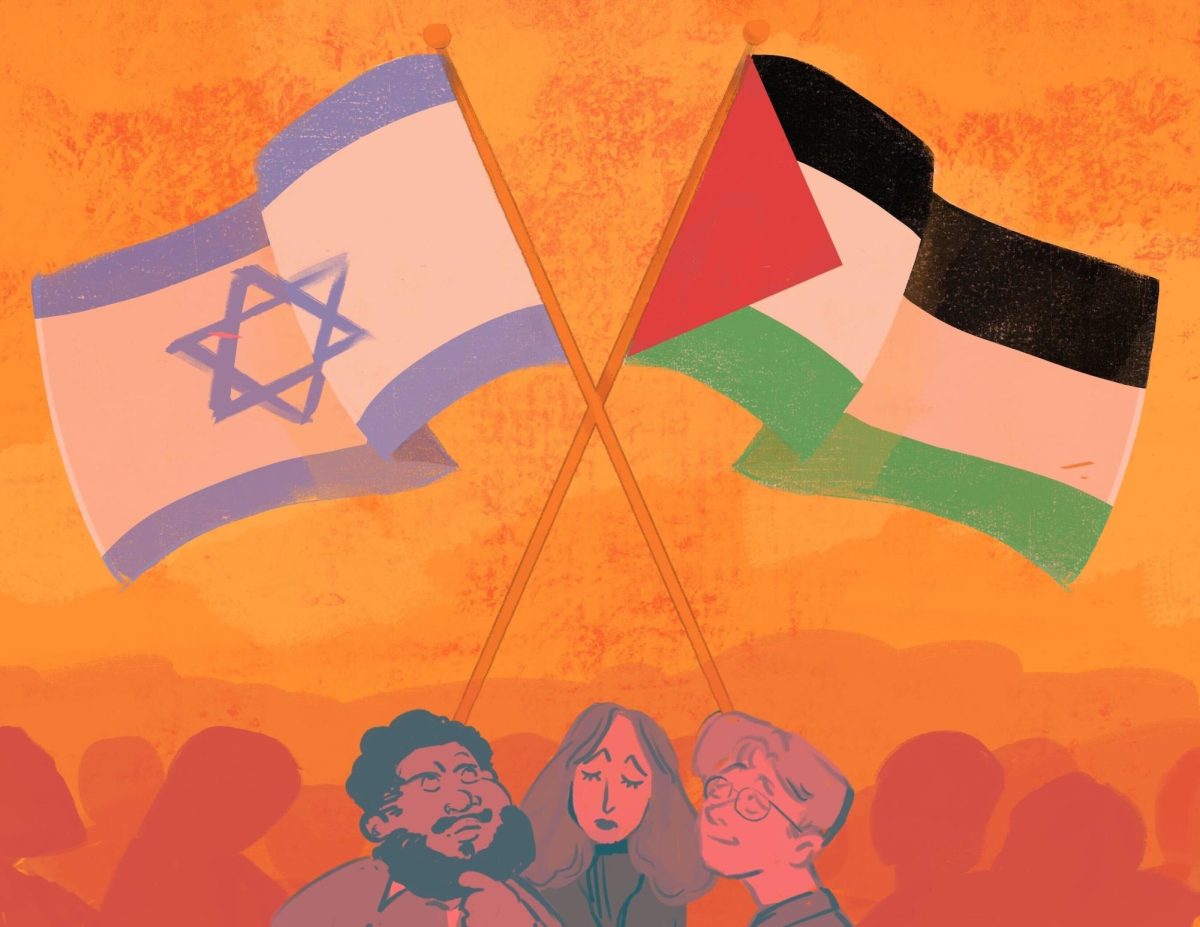A group of UA students traveled to Peru this winter to volunteer with Vive Peru, a nonprofit organization that provides aid to Peruvian communities and fosters cross-cultural understanding.
The Vive Peru program was established in order to create sustainable projects and long-term initiatives in Peru. The program relies primarily on volunteers who work as medical assistants, teachers, social workers and engineers.
According to Chloe Hein, a political science junior and development coordinator for Vive Peru, 15 to 20 UA students volunteered during the winter program, which lasts five to six weeks. The purpose of the program is to give students hands-on experience in their respective fields while having a lasting, positive impact on Peruvian communities.
“You learn in a different way than you ever could here in the States,” Hein said. “With this program specifically, I was amazed at how much responsibility you are given. You have a few days to acclimate to your work site, and then you have the ability to kind of use your skills to improve whatever is already happening.”
The volunteers landed in Lima, Peru, then traveled to Trujillo, a city of more than 800,000 people located on the Northern Peruvian coast. There, they adjusted to their new surroundings and learned about Peruvian culture. Next, they traveled to work sites in either Trujillo, Otuzco or Pacasmayo, where they lived for four weeks with a Peruvian family.
Laura Moedano, an international studies sophomore and UA campus coordinator for Vive Peru, traveled to Peru for the first time during the winter of 2010. Returning to Peru and being greeted by the same family she lived with the year before was like “coming home,” she said. “They include you into their family right away.”
One of the first activities the volunteers participated in once they reached their work site was the Chocolatada, a Christmas celebration with the surrounding community. According to Moedano, the volunteers brought toys and other gifts to wrap and give to the local children. Some even brought an entire suitcase filled with toys, she said.
During the Chocolatada, the volunteers, children and community members sang songs, made Christmas cards and drank hot chocolate, Moedano said. One of the volunteers donned a Santa Claus costume and distributed gifts.
The volunteers worked in one of four fields: clinical medicine, social work, engineering and teaching English. The engineering program is the newest addition to Vive Peru. This winter, the engineering volunteers constructed an Internet tower that provided Internet to about 60 families, according to Hein.
Mary Ngugi, a pre-nursing freshman, and Siddesh Gopalakrishnan, a junior studying physiology and molecular and cellular biology, volunteered in the clinical medicine field. Both said participating in Vive Peru allowed them to get hands-on medical experience that they might not otherwise have received until they entered medical school.
“I want to be in medical school right now and practice these things I’ve learned, but I have to wait,” Gopalakrishnan said.
According to these volunteers, living in Peru was both rewarding and challenging.
Because he is vegetarian, Gopalakrishnan found some aspects of Peruvian cuisine limiting, he said. Most of his meals consisted of rice, beans and bread.
For Ngugi, getting over her “speaking shyness” was one of the toughest aspects of the experience.
“The cool thing about being over there and not being in class is that you have to (speak), you have to,” she said. “Unless you’re going to not talk the entire time that you’re there, you have to.”
According to Moedano, who stayed in the small mountainous community of Otuzco during both her visits to Peru, becoming accustomed to living without everyday luxuries she has at home in the United States proved challenging. The house Moedano stayed in has no air conditioning or heating, and she wasn’t able to indulge in any “pampering,” she said.
Still, despite having to adjust to a new culture and environment, these volunteers said the experiences they had in Peru were invaluable, affirmed some of their dreams, gave them humility and expanded their worldviews.
“I was so wrapped up with school and college and whatever — you forget that there is so much more to the world than this,” Ngugi said. “It’s so cool to think that there is somebody in Pacasmayo, Peru, right now. There’s doctors and nurses and people helping people and changing the world and doing stuff. And that’s what I want to do.”









